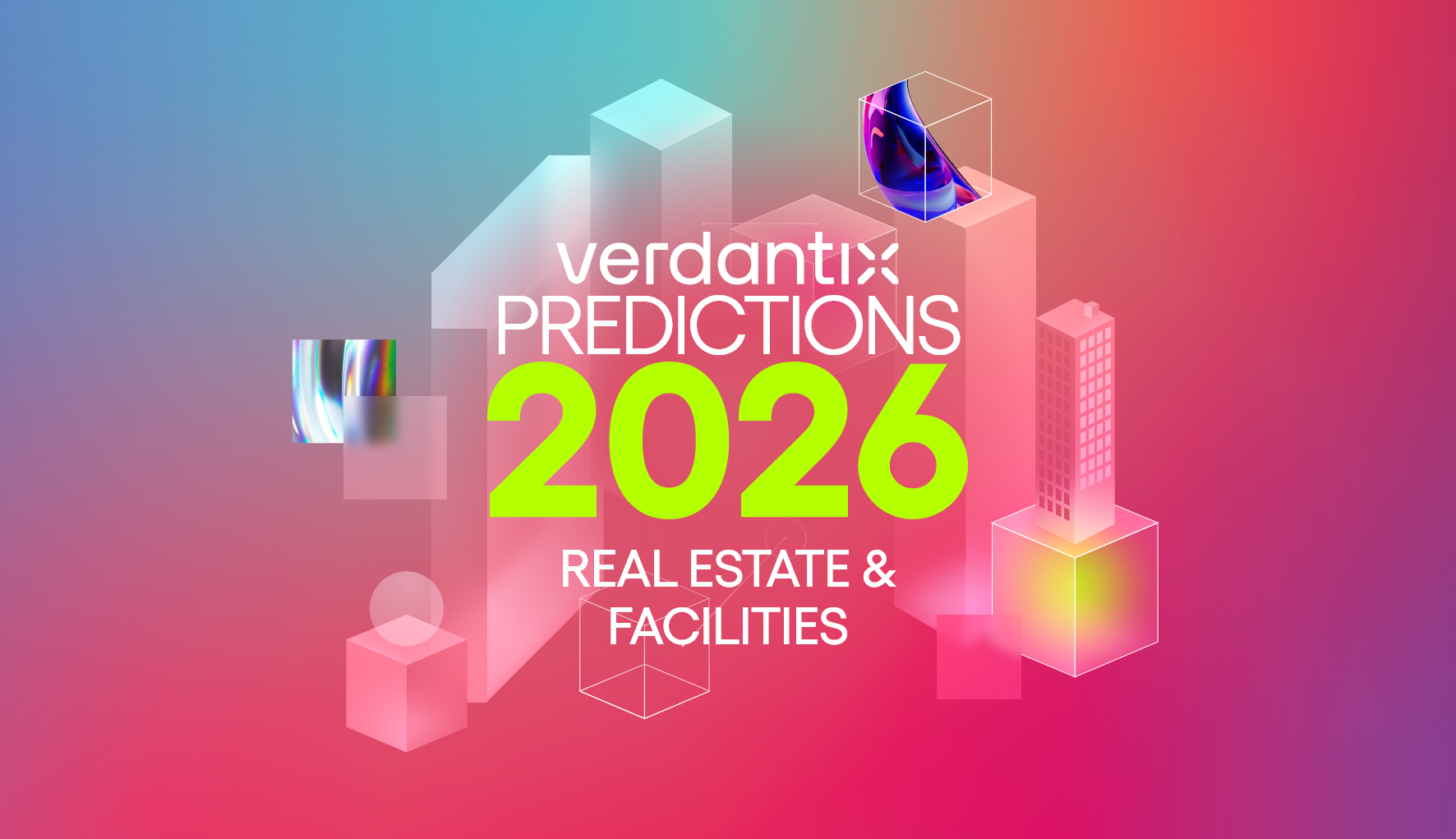The Race For The Workplace Metaverse Commences

Susan Clarke
09 Nov, 2021
The past few weeks have seen announcements from technology giants on their intention to create a metaverse; a shared 3D virtual space. Facebook announced it will hire 10,000 people in Europe to develop a metaverse that will incorporate virtual and augmented reality with social media. More recently, Microsoft announced it will launch a new metaverse concept for Microsoft Teams, bringing a shared holographic experience to its existing communication tools such as virtual meetings and chats.
One of the major use cases that technology firms are considering for the metaverse is the workplace. With the drastic rise in remote and hybrid working, technology firms see an opportunity to offer new modes of digital interaction to enhance collaboration. For example, Microsoft is extending its Teams platform with avatars so staff can interact in shared virtual workspaces. VC-backed start-ups are also tapping the opportunity. Sophya is developing a workplace metaverse where staff interact as avatars in 3D virtual workplaces to strike up informal conversations. Similarly, Gather provides virtual gathering places for businesses, socialization and events.
So are offices poised to move to the metaverse? Not anytime soon. The technology is many years away from being easy to buy, adopt and generate a quick ROI. Facebook believes its own metaverse will take another 10 to 15 years to emerge. The core technical building blocks – augmented and virtual reality – remain nascent and expensive. In addition, there is no proven business case for a workplace metaverse versus using standard collaboration tools. That said, massive investment from technology giants will help push the metaverse into easy-to-buy value propositions.
Over time smart workplace vendors should consider having a ‘metaverse strategy’ to make sure they are well-positioned to tap into new opportunities the virtual world will open up. This could include exploring how to facilitate valuable integrations between their own software and upcoming metaverse products. Workplace apps vendors such as Accruent and JLLT’s Jet mobile app have launched pre-built integrations between their space reservation interfaces and existing collaboration platforms such as Microsoft Teams to facilitate easier hybrid meetings. So despite plenty of challenges ahead, the metaverse is an exciting technology that all workplace technology vendors should keep tracking.
For more future-looking insights on the smart workplace market, sign up for our webinar Predictions, Risks And Opportunities: What Should Smart Building Vendors Watch Out For In 2022?.
One of the major use cases that technology firms are considering for the metaverse is the workplace. With the drastic rise in remote and hybrid working, technology firms see an opportunity to offer new modes of digital interaction to enhance collaboration. For example, Microsoft is extending its Teams platform with avatars so staff can interact in shared virtual workspaces. VC-backed start-ups are also tapping the opportunity. Sophya is developing a workplace metaverse where staff interact as avatars in 3D virtual workplaces to strike up informal conversations. Similarly, Gather provides virtual gathering places for businesses, socialization and events.
So are offices poised to move to the metaverse? Not anytime soon. The technology is many years away from being easy to buy, adopt and generate a quick ROI. Facebook believes its own metaverse will take another 10 to 15 years to emerge. The core technical building blocks – augmented and virtual reality – remain nascent and expensive. In addition, there is no proven business case for a workplace metaverse versus using standard collaboration tools. That said, massive investment from technology giants will help push the metaverse into easy-to-buy value propositions.
Over time smart workplace vendors should consider having a ‘metaverse strategy’ to make sure they are well-positioned to tap into new opportunities the virtual world will open up. This could include exploring how to facilitate valuable integrations between their own software and upcoming metaverse products. Workplace apps vendors such as Accruent and JLLT’s Jet mobile app have launched pre-built integrations between their space reservation interfaces and existing collaboration platforms such as Microsoft Teams to facilitate easier hybrid meetings. So despite plenty of challenges ahead, the metaverse is an exciting technology that all workplace technology vendors should keep tracking.
For more future-looking insights on the smart workplace market, sign up for our webinar Predictions, Risks And Opportunities: What Should Smart Building Vendors Watch Out For In 2022?.
Discover more Building Digital Platforms & Operational Tech content
See More
About The Author

Susan Clarke
Research Director





